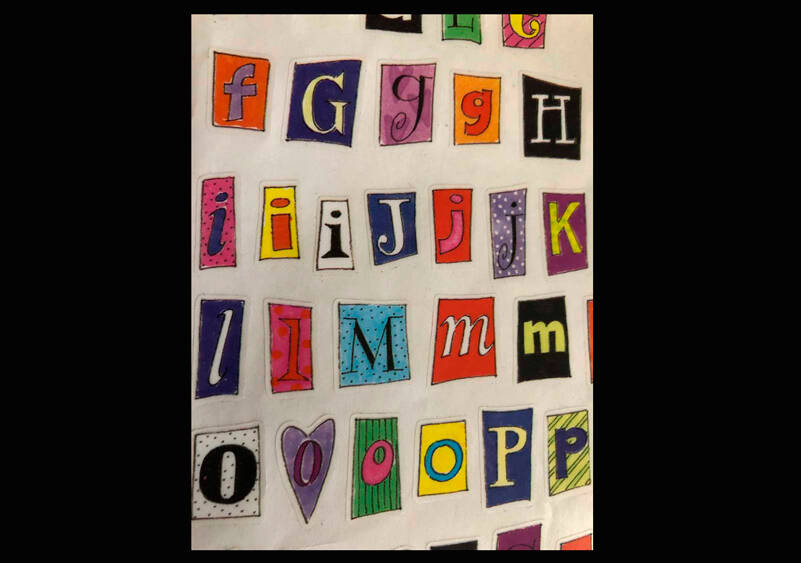By Morf Morford, Tacoma Daily Index
Before working here at the Tacoma Daily Index, I taught English and writing at local community and technical colleges. Over several years, I noticed that some students were, as you might imagine, a bit more motivated than others. But as the years passed, it seemed to me that students were less and less prepared for college level writing.
I found myself spending less time teaching writing and spending more time explaining (and exploring) what writing is – and why it matters.
One approach to the teaching of writing was the “writing across the curriculum” approach. This simply meant that writing was a set of skills used in every academic category. From the sciences to history to introduction to just about everything, writing was considered a thread that ran through them all. The premise was not so much that putting words down was so important, but that thinking clearly, coherently and with a focused purpose in mind was useful, if not crucial, in any field of study.
I’ll admit to being biased here, but it certainly seems to me that clear thinking, coherent and convincing arguments and statements that hold meaning – and are worth remembering, have become something like an endangered species.
I see television commercials and hear political statements and slogans that appeal to, and seem to presume, our worst, most negative, fearful and often self-destructive impulses.
What is writing?
At one level, writing is very simple to define; it just means putting our thoughts together in a form that others can understand.
It would be easy to make the argument that writing is the ultimate act of being a human being – we put down our thoughts, fears, fantasies and aspirations and, to one degree or another, put them out into the public sphere.
Our attempts at writing may or may not resonate with others, and may or may not have the intended consequences.
Other than personal diaries, we usually intend our writing for others – one way or another.
Writers, from Shakespeare to Dickens to Tolkien to Mark Twain to JK Rowling, dominate our imaginations and our culture in formats as diverse as movies, television and daily vocabulary or phrases that emerge in everyday conversations.
Writing, at its best, is an expression of an individual vision – from childhood notes to polished commencement speeches.
You might consider writing as thinking out loud. I’ve noticed, for example, that I don’t really know what I think about any given topic until I sit down and write about it.
Writing, as novelist Toni Morrison put it, is how we discover things about ourselves or those around us that we didn’t know were there.
The word “essay”, after all, is derived from the word “assay” – the process of refining precious metals from ore – which, when you think about it, is exactly what writing is. We filter out the dross, and keep the best. Or at least we attempt to do that.
Enter Chatbots
Chatbots do what computers (not humans) do best; they scan digital documents at record speed and find (and recreate) patterns based on what has already been written. In other words, computers essentially plagiarize and reformulate what has already been written.
Chatbots might recombine pre-existing writings in unexpected ways, but it would rarely be considered anything like “original” writing.
For better or worse, much writing does not need to be “original”. Most legal documents and contracts, for example, are relatively routine.
Chatbots are already writing social-media posts and ads.
College professors (and college admissions staff) are rethinking the place of the essay in higher education.
More than 1,800 artificial intelligence (AI) experts have signed a letter calling for a pause in AI/chatbot research, or at least develop better safeguards.
But it’s not what chatbots can do for us that concerns me; it’s what they are doing to us.
Does this technology make us better, smarter and more resilient or does it make us (or at least allow us to be) lazier, weaker and more vulnerable?
I saw my students, year by year it seemed, become less capable of expressing – or even fully comprehending – a coherent and convincing argument. They were largely helpless in the face of a loud, blaring and overwhelming argument (or sales pitch) that made little sense the next day. From preposterous political promises to vague sales pitches, they seemed to be victims of the argument with the most volume instead of the best evidence.
In short, perhaps Chatbots are like every technology; they make great servants and terrible masters.





